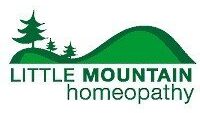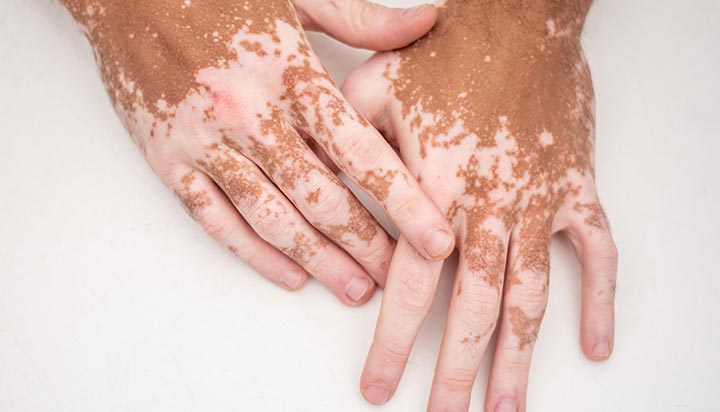Herpes Simplex Virus (HSV)
Herpes simplex virus (HSV) is an infectious skin condition characterized by painful blisters or ulcers. It is mainly spread through skin to skin contact such as sex, kissing or sharing glasses or towels. HSV-1 (Type 1 HSV) is mostly characterized by sores around the mouth or face, and most adults are infected with it but […]

